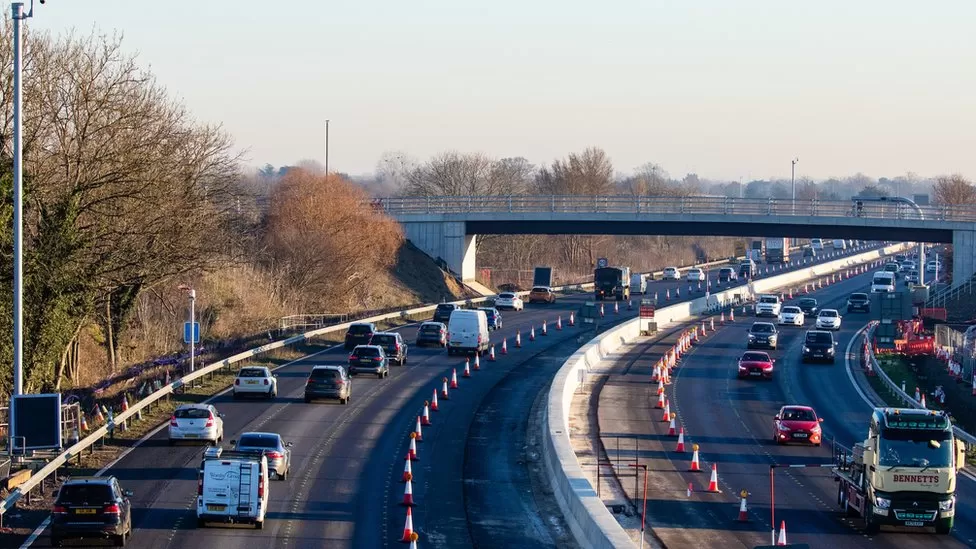
In recent years, there has been a growing concern over the safety of smart motorways in the UK. Smart motorways are designed to use technology to control traffic flow and reduce congestion, but critics argue that they are unsafe and have led to an increase in accidents. This has led to the UK government announcing that it will no longer be rolling out new smart motorways as planned. In this article, we will explore why the plans for new smart motorways have been scrapped, the issues with existing smart motorways, and what the future holds for motorway safety in the UK.
What are Smart Motorways?
Smart motorways are a type of motorway that uses technology to manage traffic flow and reduce congestion. They do this by using technology such as overhead gantries to display speed limits, lane closures, and other important information to drivers. The idea behind smart motorways is that they can improve traffic flow by using technology to respond to changing traffic conditions in real-time. They can also reduce congestion by opening up the hard shoulder to traffic during busy periods.
Why are the New Smart Motorway Plans Being Scrapped?
The decision to scrap plans for new smart motorways comes after a review by the UK government into the safety of existing smart motorways. The review found that smart motorways had led to an increase in accidents, particularly those involving stationary vehicles. This is because smart motorways use the hard shoulder as a running lane during busy periods, leaving nowhere for drivers to stop in an emergency.
As a result of the review, the UK government has announced that it will no longer be rolling out new smart motorways as planned. Instead, it will be investing in other forms of transport infrastructure to reduce congestion and improve safety on the UK’s motorways.
What are the Issues with Existing Smart Motorways?
One of the main issues with existing smart motorways is the use of the hard shoulder as a running lane during busy periods. This means that there is nowhere for drivers to stop in an emergency, which can be extremely dangerous. The UK government’s review found that this had led to an increase in accidents, particularly those involving stationary vehicles.
Another issue with smart motorways is the spacing of emergency refuge areas. These areas are designed to provide a safe place for drivers to stop in an emergency, but they are often spaced too far apart. This means that drivers may not be able to reach an emergency refuge area in time if they need to stop in an emergency.
There are also concerns about the technology used to manage smart motorways. Some experts argue that the technology is not reliable enough to ensure the safety of drivers. For example, there have been instances where the overhead gantries have displayed incorrect information, such as the wrong speed limit or lane closures.
What Does the Future Hold for Motorway Safety in the UK?
The UK government’s decision to scrap plans for new smart motorways is a step towards improving motorway safety in the UK. However, there is still much work to be done to make the existing smart motorways safer. One possible solution is to increase the spacing of emergency refuge areas to ensure that drivers have enough time to reach them in an emergency.
Another solution is to improve the technology used to manage smart motorways. This could include developing more reliable sensors and algorithms that can respond to changing traffic conditions in real-time. It could also include using artificial intelligence to predict and prevent accidents before they happen.
The UK government is also investing in other forms of transport infrastructure to reduce congestion and improve safety on the UK’s motorways. For example, it is investing in new cycle lanes and pedestrian crossings to encourage people to use other forms of transport. It is also investing in new public transport networks, such as high-speed rail links, to reduce the number of cars on the road.
